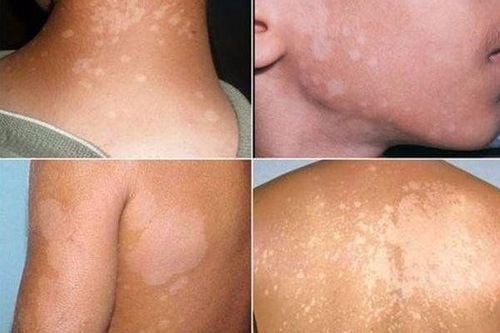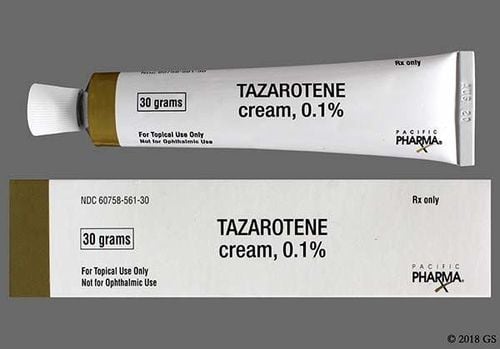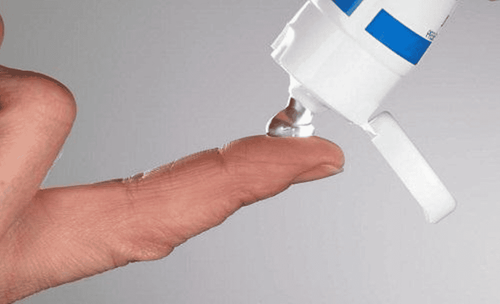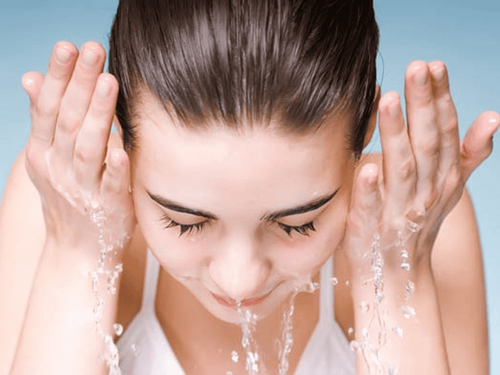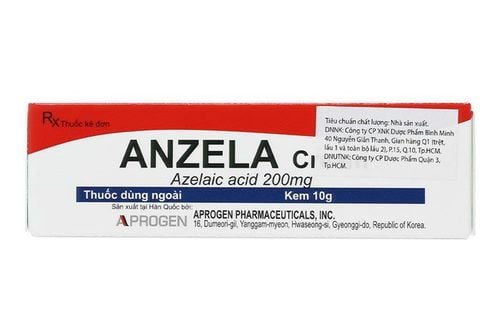This is an automatically translated article.
Acne is almost a common problem in skin care. It can happen at any point in life, but it's common for acne to appear during puberty. Currently, there are quite a few effective ways to treat acne. However, there are still many people who make mistakes in the treatment of the disease that lead to severe uncontrolled acne outbreaks.
1. Forgot to take medicine
To get rid of acne you need to consult a dermatologist to choose the right treatment method. This means that you will have to use the medicine every day. To help the treatment process be highly effective, you must strictly follow your doctor's instructions on the dose and duration of medication. Therefore, you should try not to skip days or miss a dose of treatment.
If you have trouble remembering the time to take your medicine, you can apply some of the following:
Set an alarm at a fixed time for taking all medicines at the same time as prescribed by the doctor. Medicines should be kept within your sight or in places where you can easily see them. You can keep it next to your dental hygienist. Because, it's very rare that you forget to brush your teeth every day.
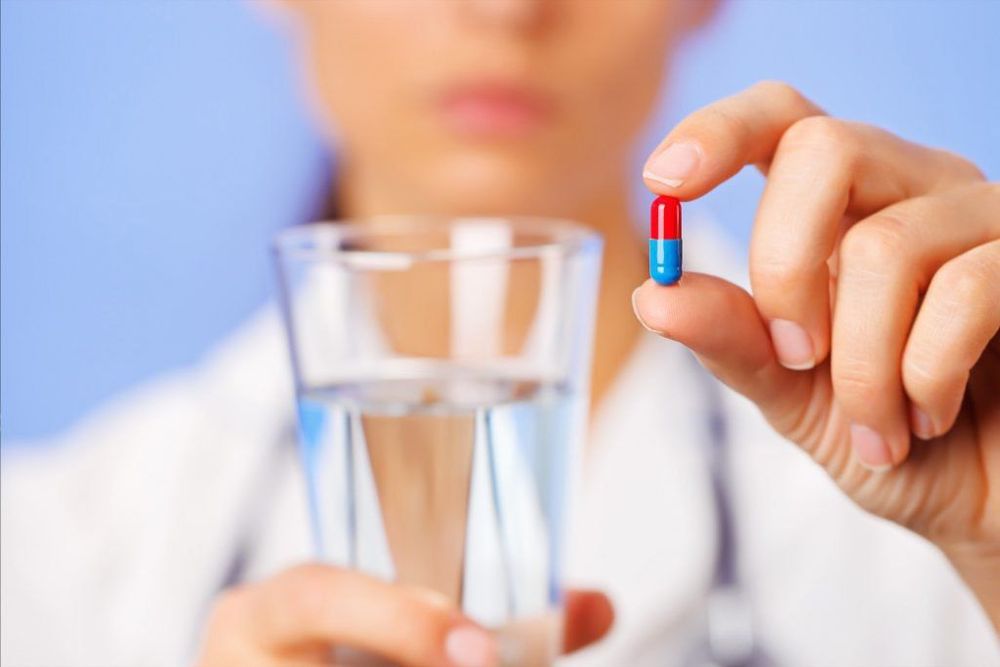
Quên uống thuốc đúng liều sẽ làm giảm hiệu quả của thuốc
2. Drug overdose
When it comes to acne treatment, everyone is eager to see the results of the treatment quickly. So this can be a misleading factor and lead you to think that applying acne treatment products in large quantities and several times a day will get better and faster results.
In fact, topical drugs should not be used more than prescribed by the doctor. Because, even if you use a lot, the acne will not go away quickly. But it also causes serious effects on the skin. Using the drug in large amounts and several times a day will make the skin dry, red, flaky, and irritated, making the skin and acne worse.
Therefore, using medication exactly as prescribed is the best way to get rid of acne without harming the skin. And do not arbitrarily change the treatment method without the prescription of the doctor.
3. Search for “quick acne treatment”
People with acne in general and acne in particular wish their acne would clear up overnight. And they are always looking for information about products that promise to give them beautiful skin right after using these products. However, this test result is not effective and sometimes it poses more serious risks to your acne condition.
Instead of trying "miracle" cures, you should stick with the treatment that has been examined and prescribed by a dermatologist or specialist.
Each person will respond to each medication differently so there will not be one drug that treats acne for everyone. And you should always keep in mind that there is no cure for acne that can quickly fix the condition. But all treatments take time for the skin to adapt and change the disease. Therefore, you should receive careful advice from your doctor to be able to choose and carry out the right treatment as directed.
4. Don't Use Sunscreen
Avoiding the use of sunscreen can be harmful to the skin in the long run. This is because excessive sun exposure increases the risk of skin cancer, wrinkles and premature aging. In particular, while using prescription drugs containing retinoids or other acne medications, be careful when exposed to ultraviolet rays. Because of this, these drugs will increase your skin's sensitivity to the sun.
To limit these effects, you should use sunscreen and wear a wide-brimmed hat, sunglasses, and protective clothing.
Use a broad spectrum sunscreen to protect your skin against both harmful UVA and UVB rays from the sun. Remember to apply sunscreen 15 minutes before going outside. And after two hours, it is necessary to reapply sunscreen to continue to protect the skin.
The most important thing that you need to keep in mind is to choose a sunscreen that has moisturizing ingredients for the skin, but does not contain skin irritants - acne growth factors.
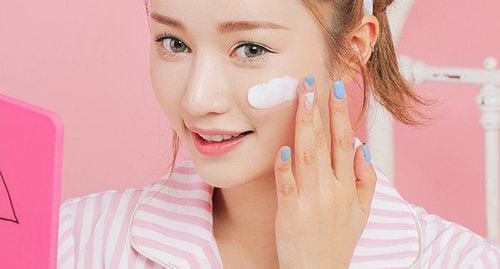
Không sử dụng kem chống nắng khi đang điều trị mụn
5. Do not use moisturizer
Acne prone skin can often dry out, especially when using retinoids to treat it. However, people with acne are often very wary and shy away from using moisturizer, fearing it will make acne worse.
Using an irritant-free moisturizer will help keep skin healthy when treating acne. But it is necessary to choose products that do not clog pores.
6. Stop the treatment when the acne is gone
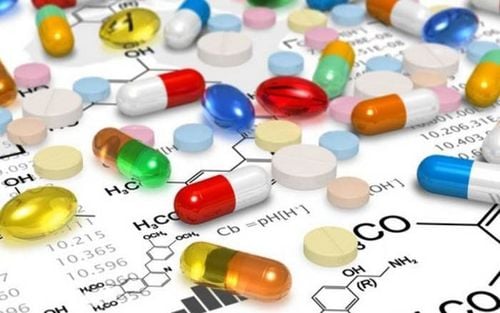
Thuốc trị mụn giúp kiểm soát mụn trứng cá không phát triển
Acne medication does not cure acne, it only helps to control acne that does not develop. So, when the treatment has just ended, but you have stopped the treatment, the acne will come back.
However, this rule will be broken by the exception when treating acne with isotretinoin. This is the only drug that can interfere with all causes of acne. It works to clear severe acne that has not responded to other treatments. But its disadvantage is that it can cause side effects such as dry skin, dry lips, muscle and joint pain, increased triglyceride levels, high liver enzymes...
Most users can accept these side effects. For pregnant women, taking isotretinoin can cause serious side effects such as birth defects. In addition, there have been several studies that have shown that use of this drug is associated with an increased risk of depression, suicide, and inflammatory bowel disease. Therefore, before treatment with isotretinoin should be consulted and prescribed by a dermatologist. Treating acne with isotretinoin requires only one course of treatment to clear acne and does not require continuous use of the ingredient.
If there is a need for consultation and examination at the Hospitals of the National Health System, please book an appointment on the website to be served.
Reference article source: Webmd.com, Verywellhealth.com
Please dial HOTLINE for more information or register for an appointment HERE. Download MyVinmec app to make appointments faster and to manage your bookings easily.
SEE ALSO:How to choose sunscreen for oily skin The formation and how to take care of skin with blackheads Why shouldn't you squeeze acne?




